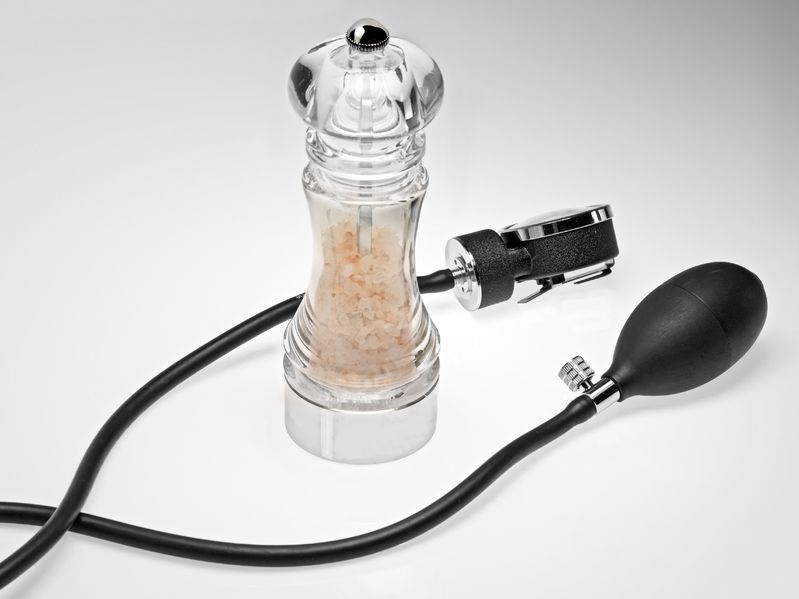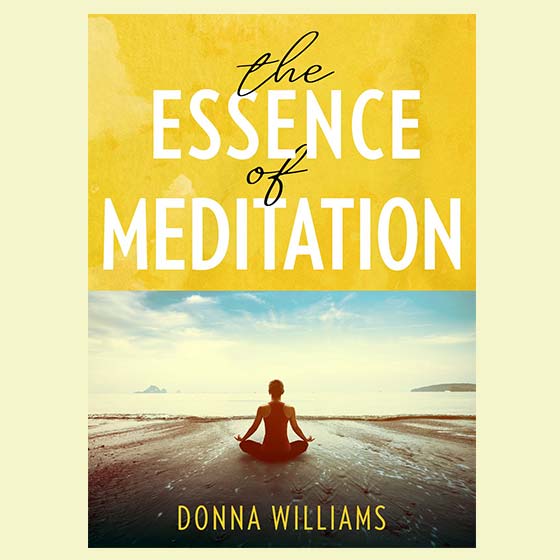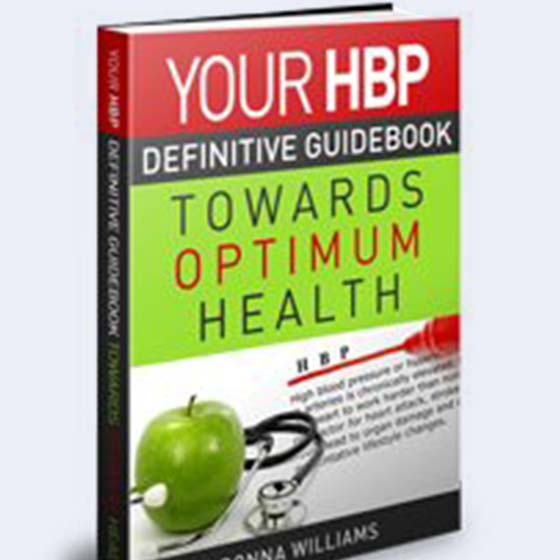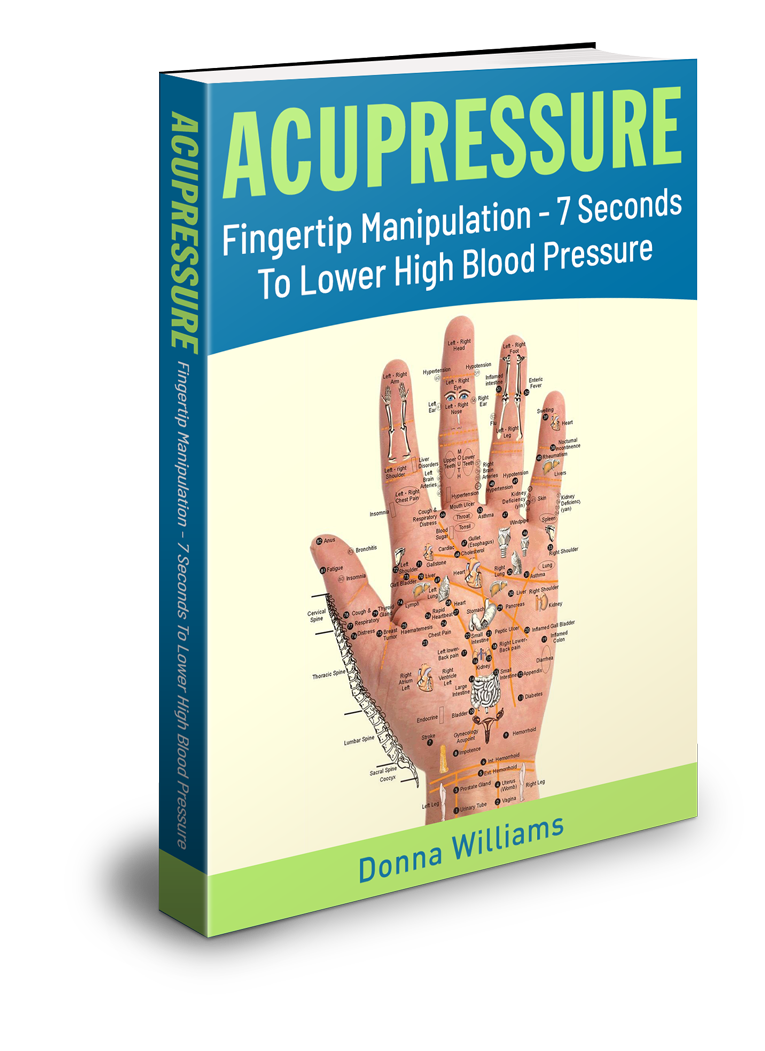Health is wealth, eat well to live well.
Join my community and receive my free ebook! Subscribe now >>
Salt And High Blood Pressure Can Spell Disaster
Salt and high blood pressure can be a deadly combination. It has been proven that you do not need to consume a lot of sodium in your diet since your kidneys and sweat glands are designed to store it. Your body has a natural ability to conserve sodium. So the craving for salt is a learned habit that is associated with a major health disease. This habit can be unlearned, it can be broken. It is critical that you reduce your daily consumption of salt.
Salt is an essential nutrient but it can work against you in a variety of ways.
Though some can eat a bag of salty chips and their blood pressure is not affected. For other like myself, just thinking about it can wreak havoc with your blood pressure.
When you have high blood pressure, your heart is working hard. Eventually, the blood vessels leading throughout your body are damaged, including those leading to the kidneys. When this occurs, your kidneys struggle to remove waste from the body, including sodium. Excess sodium causes a buildup of fluids in the body, and if left untreated, could cause your lungs to fill with fluid.
However, sodium is something that your body needs. It needs a smaller amount, though, then what most individuals take in.
Your Salt And High Blood Pressure Intake Ratio
According to the Federal Goverment's National High Blood Pressure Education Program individuals are consuming 2400 mg of salt on a daily basis. If you have high blood pressure this amount is too high.
If you need to lower blood pressure, a maximum daily intake of 1500 mg per day is recommended.
Foods With High Sodium
Although the first step in reducing sodium for a high blood pressure diet is not adding salt to your food at the table, because more than 75 percent of the sodium consumed comes from food itself.
Below are some of the most common high sodium foods:

- Canned soups, vegetables and beans
- Frozen dinners
- Cup noodles or instant products
- Frozen pizza
- Dressings, marinades, sauces, dry and liquid varieties
- Processed meats like bacon, sausages and ham
- Cured and smoked meat and fish
- Breakfast mixes
Daily Sodium Consumption Recommended
You should reduce or eliminate from your diet those foods that are high in sodium. In addition to this, there are several other things you can do to reduce the amount of sodium you take in:
- Choose to eat fresh or frozen vegetables and fruits, avoiding canned products.
- Choose soups and broths that are low sodium, read packaging labels.
- Rinse and drain any foods that you purchase that are canned foods, before consuming if you cannot cut them from your diet.
- Avoid instant dinners, instant rice, instant noodles or processed foods.
- American Heart Association has listed the approximate amounts by spoon measurements, and an explanation of the sodium related terms you see on food packaging.
Salt and high blood pressure do not mix. In fact, reducing your sodium intake can significantly improve your overall health and make a significant impact on your blood pressure readings.
Return to "High Blood Pressure Diet" from "Salt and High Blood Pressure"






New! Comments
Have your say about what you just read! Leave me a comment in the box below.